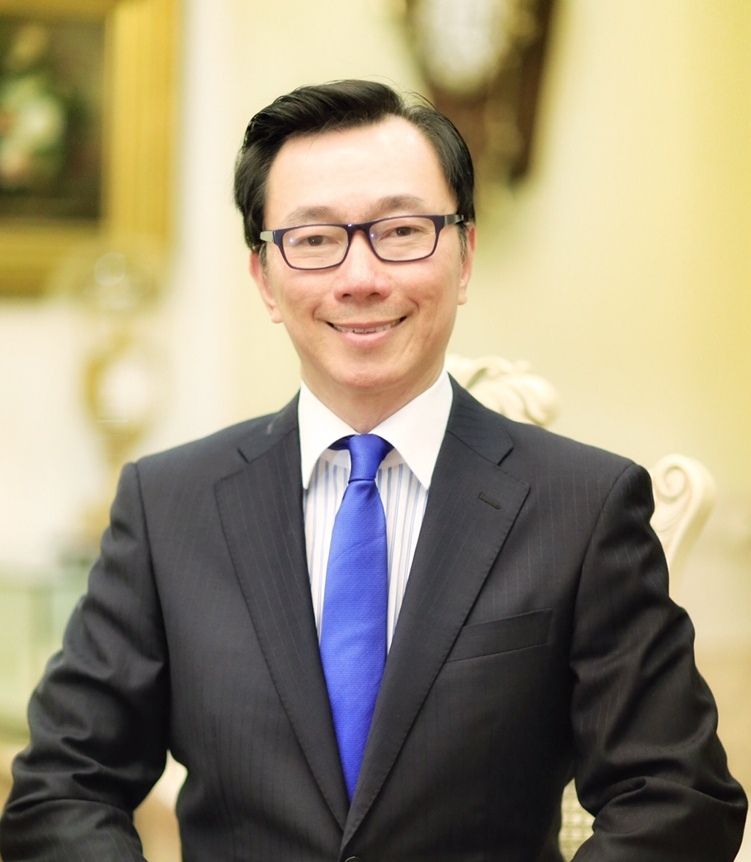The only Vietnamese candidate running to lead the United Nations' cultural arm has withdrawn from the race only after two rounds of voting.
Vietnam's diplomat Pham Sanh Chau withdrew from the race for UNESCO Director-General position before the third round of voting on Wednesday, Michael Worbs, chairman of the UNESCO Executive Board, announced later the same day.
Chau also confirmed his withdrawal to Tuoi Tre (Youth) newspaper on Thursday, adding that he made the decision after only receiving five votes in the second round, tying with Chinese candidate Qian Tang.
Chau, Vietnam’s Assistant Minister for Foreign Affairs and Special Representative of the Prime Minister of Vietnam to the UNESCO Affairs agency, announced his bid for the UNESCO chief office in April.
A candidate’s withdrawal from such a highly competitive race is not unusual in international relations, as it provides opportunities for remaining candidates to pool extra votes in order to break any ties that may have happened in the first and second rounds of voting, according to the Vietnam News Agency.
In the run-up to selecting a candidate for the director-general position of UNESCO, most countries opted to pull out of the race if their candidate failed to secure ten or more votes in two rounds, the state-run news site added.
Despite Chau’s withdrawal, none of the five remaining candidates from France, Qatar, Egypt, China, and Lebanon managed to secure the simple majority of votes needed to win the election in the third round.
In the third round of voting, French candidate Audrey Azouley secured 18 out of 58 votes from the UNESCO Executive Board, sharing the top spot with Qatari candidate Hammad bin Al-Kawari.
Egyptian diplomat Moushira Khattab came third with 13 votes, followed by Chinese candidate Qian Tang and Lebanese candidate Vera El Khoury with five and four votes, respectively.
|
The United Nations Educational, Scientific and Cultural Organization, or UNESCO, is a specialized agency of the United Nations based in Paris, France that works to promote international collaboration through educational, scientific, and cultural reforms. The UNESCO Director-General is nominated by the organization’s Executive Board and appointed by the General Conference. The position serves as the organization’s Chief Administrative Officer. The voting process, which started on October 9, is conducted by secret ballot in private meetings of the 58-member UNESCO Executive Board. A majority is required to win the nomination. If the majority is not met, the chair person announces the need to proceed to subsequent rounds of voting on the following day, for a maximum of five rounds. The winner is expected to be announced no later than Friday, October 13. If, after four ballots, no candidate has obtained an absolute majority, the final ballot shall be taken, restricted to the two candidates who obtained the most votes in the fourth ballot. The candidate obtaining a majority of the votes cast shall be declared elected. The elected candidate will then be presented to the agency’s General Assembly for final approval. The organization’s chief may be appointed initially for a period of four years, and may be reappointed for a further term of four years, but shall not be eligible for reappointment for a subsequent third term. The incumbent Director-General is Bulgarian Irina Bokova, who was elected in 2009 and reelected for a second term in 2013. |
Like us on Facebook or follow us on Twitter to get the latest news about Vietnam!



















































